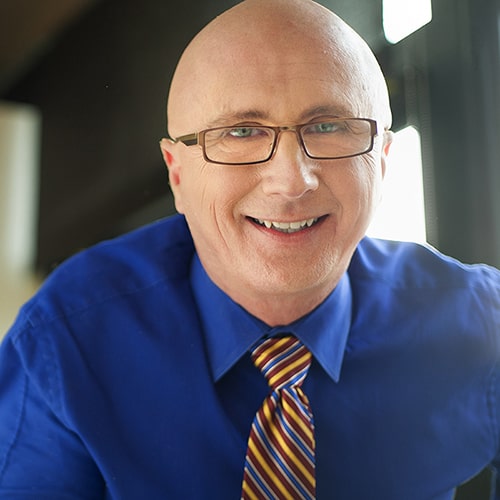Last year an attorney friend told me about a mistake that he made on a case. He was worried that he did not properly serve the defendant and had committed malpractice. He talked about the mechanics of the mistake that he made and then launched into how he was not really a good attorney. I know this attorney well. He’s really smart, very organized and cares deeply about his clients.
What concerned me most about the conversation was not that he made a mistake, hell, we all do. But how hard he was on himself and how he questioned his ability as a lawyer. As much as I tried to assure him that he was a good attorney, it was clear that something was preventing him from being able to take any of my reassurance.
The very next month after settling a case, I realized there was an underinsured motorist policy I could have made for an additional $50,000. My client needed a surgery and would miss about 6 months of work.
My first thought was *F*, I screwed this up. What was I thinking? My second thought was “Maybe there is way to fix it.” So I talked to Roy, one of the other attorneys at our office, and, together, we came up with a strategy to solve the problem – which, in this case, ended up working out. However, my third thought was “You are screwing up. Where else are you making mistakes? What kind of attorney are you?
This self-criticism process about me making a mistake and not being a good attorney went on for the next week. I would find it creeping into my mind throughout the day. It had a destabilizing impact on my psyche that seeped into my personal life as well. Why could I give compassionate advice to another attorney and not take it in myself?
I don’t know about you, but I if said the same things to a friend that I sometimes think about myself when I’ve made a mistake, I would be no friend at all.
It’s simply amazing the critical, cruel and judgmental thoughts and conversations I can have with myself about myself. All in the name of exactly what? We live with the social norm of an over reliance on self-esteem rather than self-compassion.
My best thoughts, ideas and ability to thrive do not come about by being judgmental of myself. It does not mean I don’t recognize that I’ve made a mistake and learn from my errors. It simply means that I practice self-compassion while learning from my mistakes.
Kristin Neff, Ph.D., in her article entitled “Why Self-Compassion Trumps Self-Esteem” discusses her research into why self-compassion provides the same benefits high self-esteem does without it’s drawbacks. She says:
“The first things to know is that self-compassion and self-esteem do tend to go together. If you are self-compassionate, you’ll tend to have higher self-esteem than if you’re endlessly self critical. And like self-esteem, self compassion is associated with significantly less anxiety and depression, as well as more happiness, optimism and positive emotions. However, self-compassion offers clear advantage over self-esteem when things go wrong, or when our our egos feel threatened.”
Dr. Neff identifies three central elements of self-compassion:
- First, to be gentle and understanding with ourselves and not harshly critical and self judgmental.
- Second, to realize that we all make mistakes which allows us to be connected rather than isolated.
- Third, mindfulness – that we hold our experience in balanced awareness rather than ignoring our pain or exaggerating it.
We must hold these three essential elements in order to be truly self-compassionate.
Dr. Neff’s research shows that self-compassion provides an island of calm in the rough waters of endless positive and negative self judgment so that we can … finally stop asking, “Am I as good as they are? Am I good enough.”
Self-compassion is a critical life skill that few of us were ever taught. The good news is it’s a skill that we are capable of learning now. The more we practice being compassionate with ourselves as we would with others, the happier and better functioning we will be, which helps us in every area of our lives – including being a better attorney for our clients.
How do you talk to yourself? What do you think of self-compassionate talk rather than self-critical talk? Is there a downside to it?
Here is link to Dr. Neff’s website: https://Self-Compassion.org You can find the link to the article referred to in today’s post here.






0 Comments